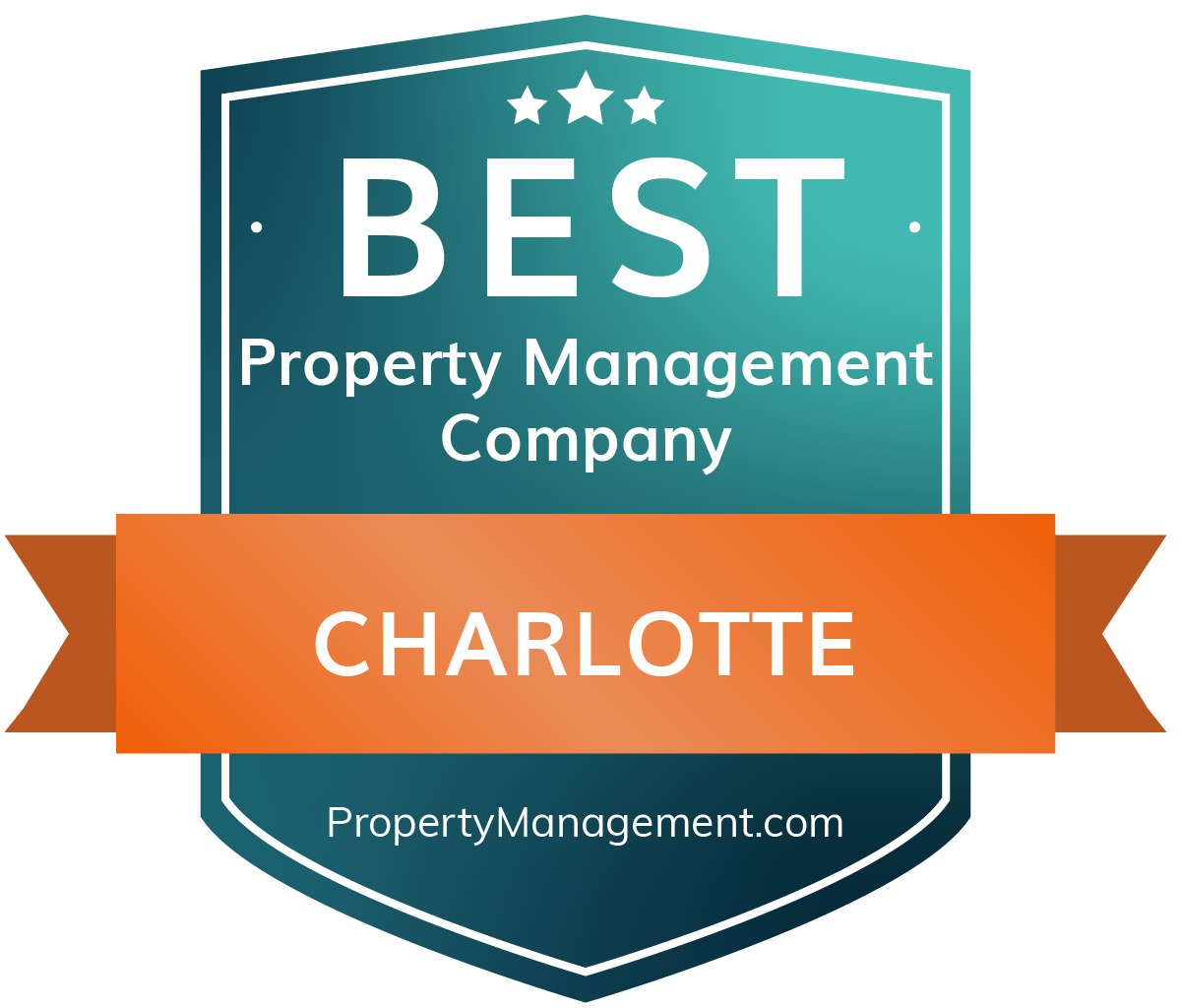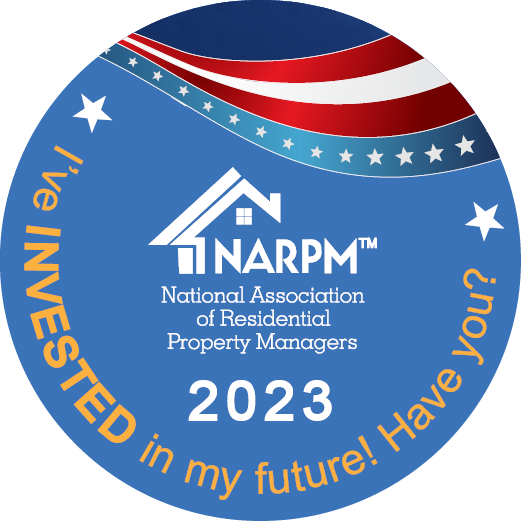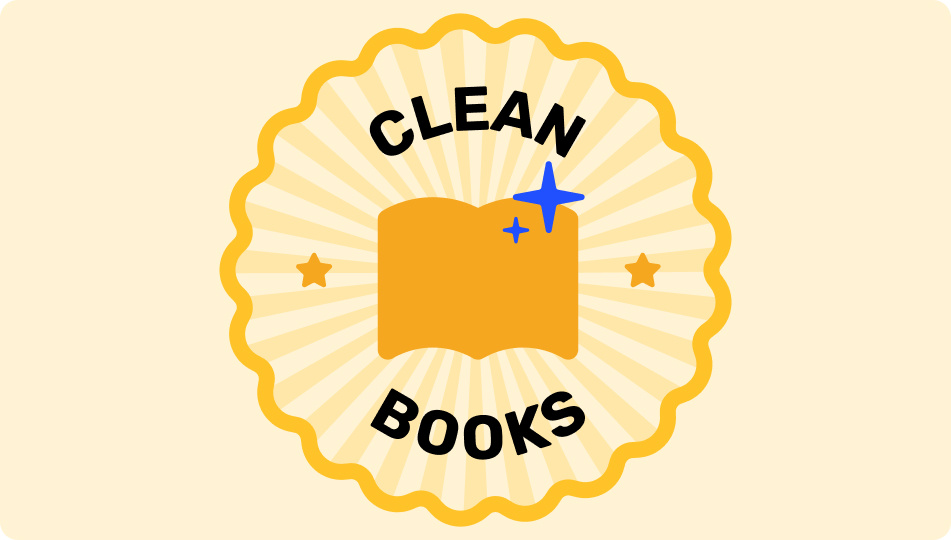If you own or have plans to buy an investment property in North Carolina, you may wonder how to get lower property taxes. Here, we’ll touch on a few ways you can save on investment property taxes.
To learn more about how to lower North Carolina property tax, keep reading.
How to Get Lower Property Taxes
The government calculates property taxes based on the assessed value of your property. This value includes the land and any existing structures.
Every five years, a tax assessor will estimate the value of your income property. Usually, they’ll use the fair market value (FMV) method for the evaluation.
During an FMV evaluation, the tax assessor will compare your rental property to similar ones in the neighborhood. They might also include any recent renovations in your assessment that may increase the value of your property. Your rental income potential will also play a part in the assessor’s evaluation.
Lowering Your Taxes in North Carolina
North Carolina investment property owners may not always know about all available deductions. In these instances, they might pay more real estate taxes than they owe.
The Internal Revenue Service (IRS) allows you to deduct some costs incurred related to operating your rental property. These kinds of deductions can help you lower your property taxes.
It’s important to know which deductions are available for you to use. Let’s have a look at a few common ways to save on investment property taxes in North Carolina.
Property Maintenance Deductions
During the year, you may have incurred expenses for items like HVAC maintenance, fumigation, painting, or landscaping. If so, the cost of these projects qualifies you for a tax deduction. If you did any of this kind of work yourself, you could deduct the expenses for equipment and tools.
Professional Fee Deductions
You may have also paid professional fees to help you operate your property. For example, you may have paid:
• Accountant fees
• Legal fees
• Property management fees
• Real estate agent fees
If you participated in litigation during the year, you can also deduct any related legal or court filing fees.
Utility Deductions
As part of your rental agreement with tenants, you might agree to pay for utilities, like air conditioning, water, electricity, or gas. If so, these expenses are investment property tax deductions.
Weathering Tough Times
If you’re a real estate investor, you could very well have other investments. If so, you can use a strategy called tax-loss harvesting if you experience capital losses.
This practice enables you to balance capital gains with capital losses. It also helps you to minimize your tax liability.
Suppose your rental property increased in value considerably. At the same time, however, you lost a significant amount of money on the stock market. In the presence of both of these circumstances, you can sell your stock at a loss to offset your capital gains.
Unless you’re a finance professional, you should always consult with your accountant about investment property deductions. An accountant can make sure you’re getting the most deductions and that they’re allowed.
To read more about the best way to put your investment property to use, click here.
Partnering for Rental Property Success
We hope that you now have a better understanding of how to get lower property taxes if you own investment property in North Carolina. If you need help managing your property and keeping records, Carolina Property Management can help. We’ll show you ways to save money and earn more. If you want to know how to make the most of your rental analysis and cut costs, follow this link. https://www.carolinaspropertymanagement.com/blog/how-to-save-money-by-utilizing-your-rental-analysis
Please feel free to contact us today to learn more about getting the most out of your investment property.















